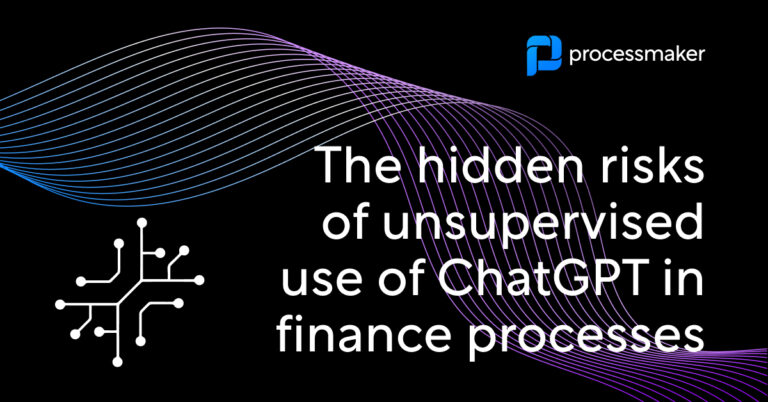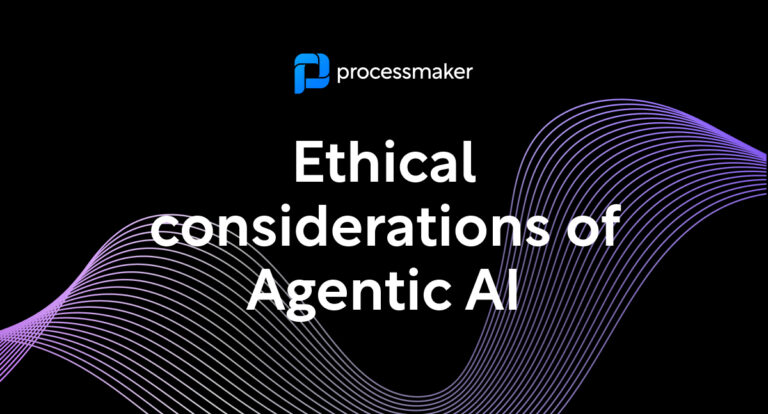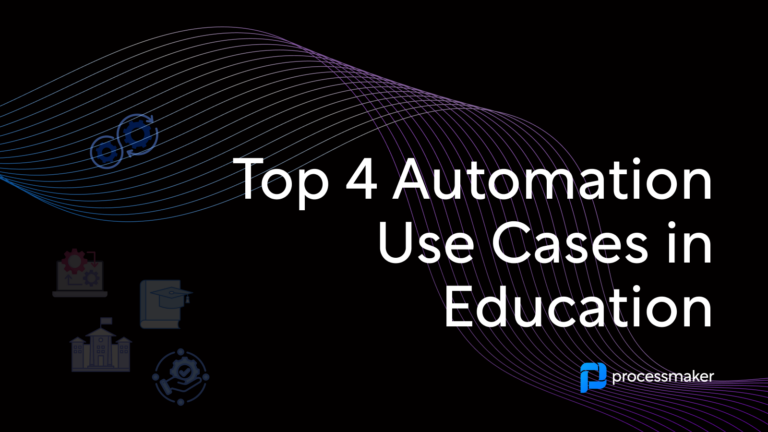In the rapidly evolving landscape of finance and technology, leveraging artificial intelligence (AI) tools like ChatGPT has become a popular strategy for enhancing finance process automation. While these AI systems offer significant benefits, there are critical risks associated with allowing finance employees to use ChatGPT without proper oversight. In this blog post, we explore the potential dangers and provide best practices to ensure the secure and efficient use of AI in your company’s finance processes.
The Growing Role of AI in Finance Process Automation
Artificial intelligence has revolutionized the finance industry by enabling finance automation, optimizing repetitive tasks, improving data analysis, and enhancing decision-making. Tools like ChatGPT can streamline operations, from generating financial reports to assisting with customer inquiries. Automating accounting processes leads to faster transactions, reduced errors, and increased consistency, enhancing overall business performance. Additionally, automating business processes optimizes workflows and adds value by eliminating repetitive tasks while still requiring human input for process excellence. However, the unsupervised use of such technologies by finance employees can lead to unintended consequences, putting your company’s financial integrity at risk. Integrating automation tools with finance operations is essential for enhancing accuracy, collaboration, and productivity within finance teams.
Key ChatGPT Risks of Unsupervised Use in Finance
- Data Security and Privacy Concerns. Finance processes often involve handling sensitive and confidential information, such as financial statements, customer data, and proprietary business strategies. Allowing employees to use ChatGPT without proper oversight can lead to inadvertent sharing of sensitive data, resulting in data breaches or compliance violations. Additionally, unsupervised AI use in accounts payable processes can introduce errors and compliance issues, potentially compromising financial integrity and vendor relationships.
- Inaccurate Financial Analysis. While ChatGPT can assist with data interpretation and report generation, it’s crucial to remember that it relies on the data it receives. Without accurate input, including historical data, and human oversight, AI-generated analyses can be flawed or misleading, potentially leading to poor business decisions. Manual processes in data entry can introduce inefficiencies and errors, further complicating the accuracy of financial analyses. Eliminating manual data entry is essential to reduce errors and improve efficiency, allowing finance teams to focus on higher-level analysis and strategic contributions.
- Regulatory Compliance Issues. The finance industry is heavily regulated, with strict data handling and reporting guidelines. Unsupervised use of ChatGPT could result in non-compliance with industry regulations, such as GDPR or SOX, especially if the tool is used to process or store sensitive data without appropriate safeguards.
- Reputational Damage. Errors or mishandling caused by unsupervised AI tools can damage your company’s reputation. Misinterpretations or incorrect data shared with stakeholders, clients, or the public can damage trust and credibility.
Best Practices for Safe AI Integration in Finance Processes
- Implement Clear Usage Policies Establish comprehensive guidelines for the use of ChatGPT and other AI tools within your finance department. Ensure that all employees are aware of the dos and don’ts, particularly concerning data security and compliance. Selecting the right automation solutions is crucial to enhance efficiency and accuracy in your operations.
- Regular Training and Monitoring Conduct regular training sessions to educate your finance team on the capabilities and limitations of AI tools. Implement monitoring mechanisms to track how these tools are being used and to identify potential misuse. Machine learning can significantly enhance AI capabilities by processing vast data sets to identify patterns and make predictive analyses. Optimizing business processes through automation is essential to achieve operational excellence.
- Data Privacy and Security Measures Ensure that your AI systems comply with data privacy regulations. Use encryption, access controls, and other security measures to protect sensitive information. Regularly audit your systems to ensure compliance. Automating expense management can streamline reporting and approvals, freeing up time for more strategic tasks.
- Human Oversight and Validation Always pair AI-generated outputs with human oversight. While ChatGPT can streamline processes, human experts should review and validate all outputs, especially when dealing with critical financial data and reports. Robotic process automation (RPA) can further streamline processes by employing software bots to mimic human actions, eliminating the need for human intervention in certain tasks. Finance teams can benefit from automation by focusing on more strategic tasks, enhancing overall productivity.
- Stay Updated on Regulatory Changes The regulatory landscape for AI and data use is continually evolving. Stay informed about new laws and guidelines to ensure your company’s practices remain compliant.
Balancing the Benefits and Risks of AI in Finance
While ChatGPT and other AI tools offer remarkable potential for enhancing finance process automation, their unsupervised use can pose significant risks. The integration of real-time financial data plays a crucial role in enhancing business efficiency and accuracy through automation. By implementing clear usage policies, providing regular training, and maintaining robust oversight, finance departments can safely integrate these technologies into their finance processes. Always prioritize data security, accuracy, and compliance to protect your company’s assets and reputation, while automating financial processes to enhance efficiency and accuracy. Financial institutions must also emphasize the importance of cybersecurity and compliance to safeguard against fraud and other risks. If you want to get started with finance process automation, consider using inherently secure and GDPR-compliant BPM tools like ProcessMaker.






